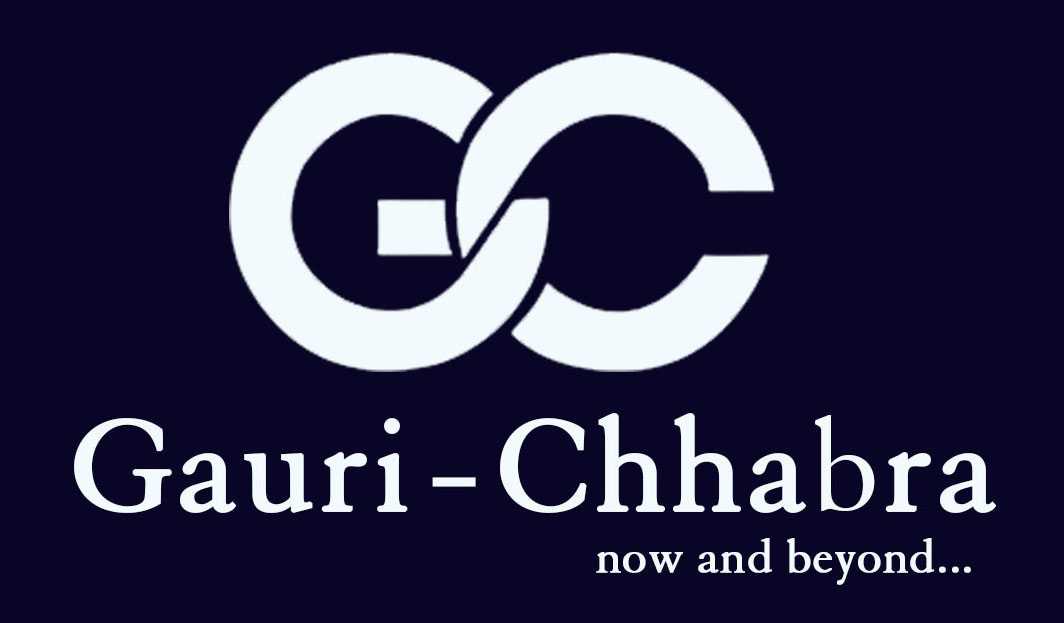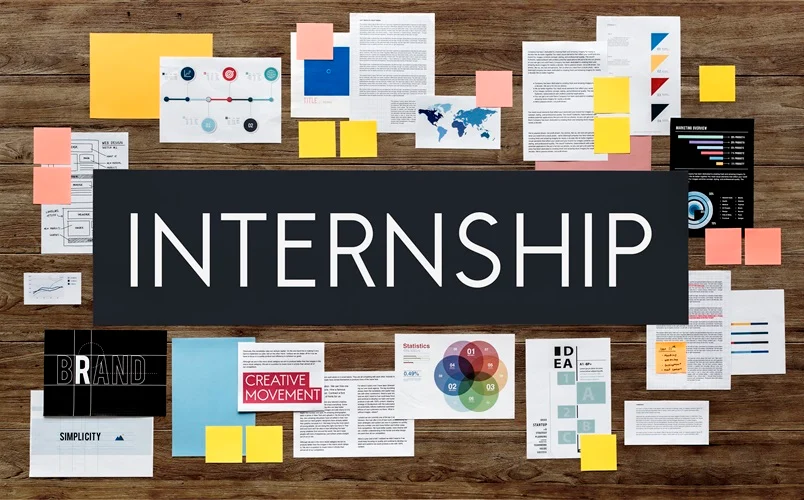Dear all
Pen and paper seem to have a strange relationship. They tease, flirt, seduce and talk to each other in a language that only they seem to understand… When a pen wants paper, time comes to a standstill and everything else just freezes… in time and space.
Last night was the time when the pen just chose to glide on paper because it knew… only paper would understand.
It took me back in time… When I was a kid I was( and still am) very fond of punctuation marks. I knew full stop or period(.) and comma(,).
Simply put, my teacher taught me that a full stop completes the sentence and a comma connects it.
Simple. Isn’t it?
Little did I now then, I was so little
TILL, one day, just a few weeks ago, I saw the period( full stop) and the comma come together.
Like this ;
I knew it now. It is a semicolon.
I know what it means. It feels like a suspension as if when the Divine power wants to put the world to a grinding halt, when it ceases to exist, He suddenly stops and puts a comma, indicating life would move on, it has to. The world today is hung, suspended from its very roots, asking itself.
Is there an UP to this upside down?
Yes, there is. As we stay suspended, it is a time of revelation, a time to see the world from the upside down position.
So, I revelled; in consciousness and became conscious of everything. The flimsy kitchen, the rickety relations, the temporariness of life itself and more so the noise inside of me.
And suddenly, there was a voice inside of me. My mother, I suppose. It said and echoed-
Roti, kapda and makaan
They became voluminous and seemed to fill the entire world. Where did these words go? Do we still hear them? No. Not as much. As we grew up, we graduated from these to the world of pizzas, breads and cuisines that tingled our palette. Clothes became an obsession, houses became hotels where we tethered our bodies but forgot our souls. As life unfolded, these things ballooned to such an extent that it became claustrophobic, noisy and cluttered.
We became slaves of our own doing.
We forgot the Now. We all wanted to stop but then told ourselves,” I will do it, when I have the time”. And time never came. It kept slipping, melting like a snowflake. Time is scarce, we knew that, yet felt that there would always be tomorrow…And suddenly fear gripped us – there might be no tomorrow.
It was lopsided.
The Divine Power had to strike a balance. It made us shut up. And stop. And stay home. Stay home, everyone said
The word home struck a chord again…
Roti, kapda aur makaan.
Ahh, it suddenly became clear, there was an UP to this upside down. I suddenly realized that we need to be aware of NOW.. We have to get out of our own way.
All of it made sense, complete sense.
There was no noise
No chaos, just quiet and peace.
I asked the Divine spirit, Why did you have to send a miniscule virus and create havoc to teach us all that?
I always felt HE was my English Language teacher. He smiled and said,” Whenever life tosses a curve ball or a question mark(?), always put yourself in a semicolon(;) mode and pause and ponder.
The question mark would uncurl. Imagine it uncurling, slowly, gradually.
it would straighten up and Lo and behold- it would become an exclamation mark (!).
Ahh!, I got it.
That’s when the pen ended its date with paper. For TODAY.
Gauri












